Are elite universities the best place?
Share:
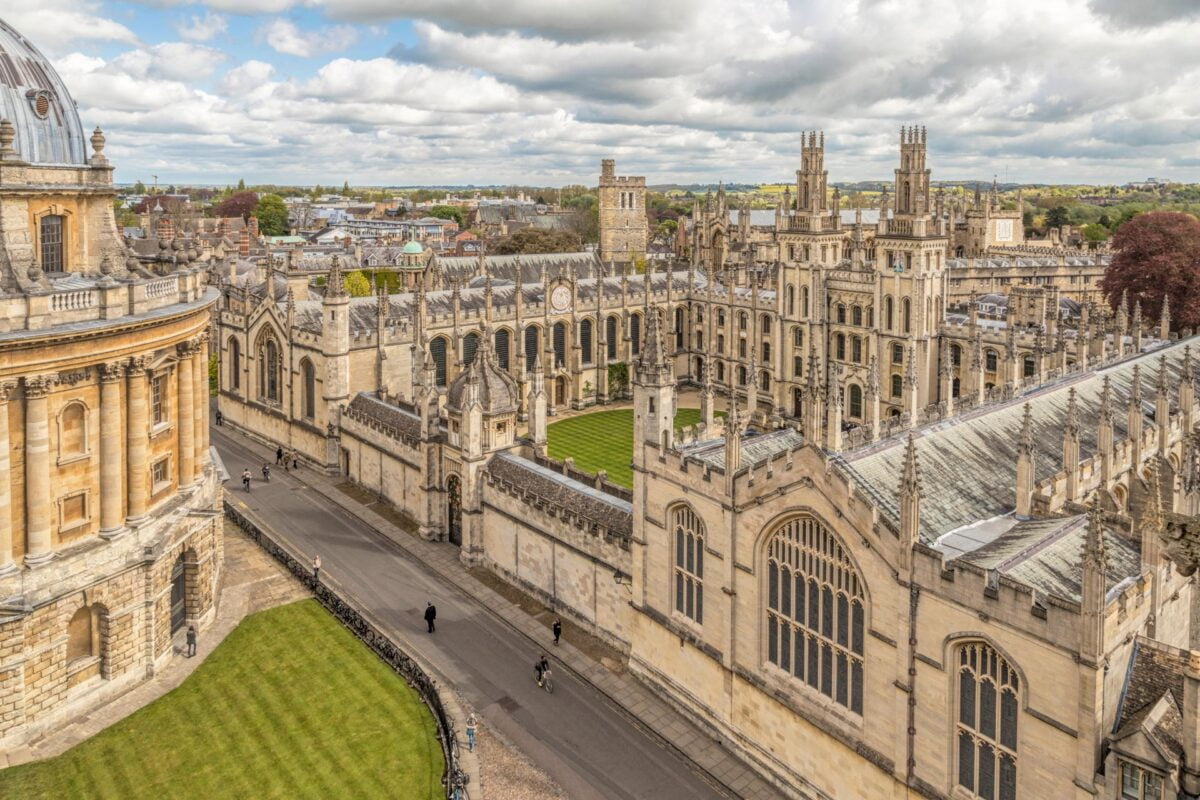
With COVID disrupting our daily lives and routines, work-from-home becoming standard, and universities remaining online, it’s the education sector that has arguably had to adapt the most to this new way of life.
Considering last year’s A-Level results fiasco, where state-school kids missed their university offers due to Gavin Williamson’s algorithm, universities like Oxford and Cambridge seem to be at the focus of discussion surrounding accessibility in a time of increased scrutiny.
It might be in part due to Boris Johnson’s cabinet being filled with privately-educated, Oxbridge graduates who – despite their world-class education – seem inept at running the government in one of the most important times in modern history.
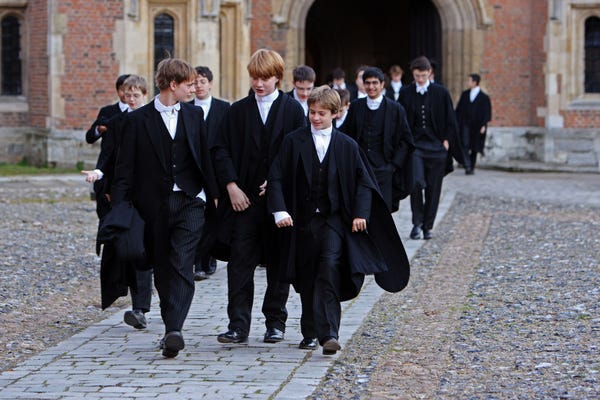
BBC News reported that Oxbridge admissions mainly recruit from eight schools, with six of those being private or independent schools. In response, Oxford and Cambridge admitted that they were “very aware” of this and that they “needed to do better”.
Whilst 7% of all UK pupils attend private school, 42% of Oxbridge offers are to people from private schools. Considering this staggering statistic, it does beg the question as to whether or not state school kids are meant to go to elite universities. Yes, they deserve to. But is this really the best environment for them?
Recommended Reading: Things Posh People Have Said to Me
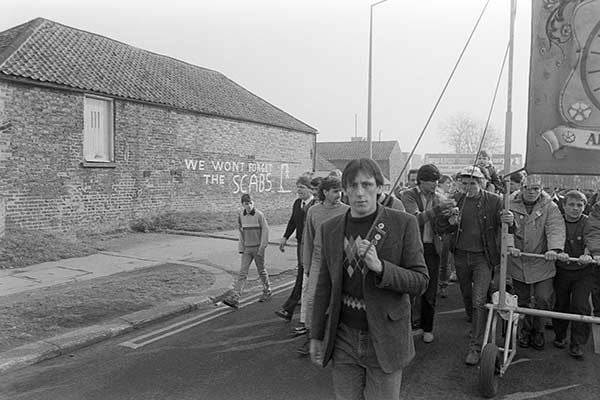
The history of these universities is that they were created to uphold an unjust class system, founded upon the differences of others to recreate inequalities. No wonder 44% of journalists were privately educated when Oxford and Cambridge (consistently ranking top in the league tables) maintained a monopoly on higher education by blocking the creation of new universities until 1827, under the Stamford Oath, worried that their superior standing could be lessened.
It shows a calculated structure of elitism in education. At Oxford, out of the students who matriculated in 1840: 65% were sons of professionals and after graduation, 87% became professionals.
Although Oxbridge students make up less than 1% of each year’s graduating class, they make up 15.4% of trainee city lawyers. The very formation of Oxbridge has been influenced by some of these eight private schools: M. C. Curthoys and H. S. Jones argue that organised sport as a distinctive feature of the universities is a practice carried over from public schools such as Eton, Winchester, Shrewsbury, and Harrow.
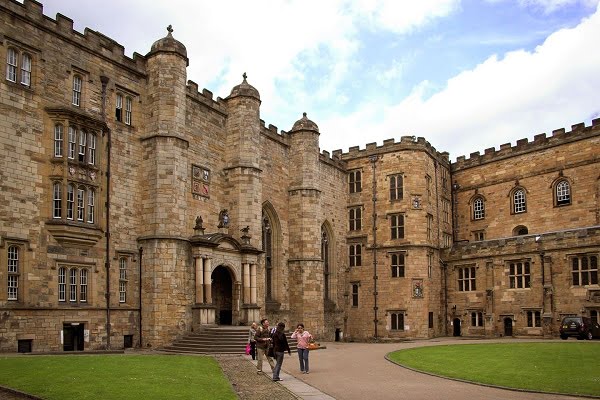
Experiences of discrimination for northern, state school students at Durham University have been reported by Beep. Like Durham, there have been many instances of this same treatment as Oxford students have called for an end to racist and classist discrimination in a petition against the university in 2020.
The universities are attempting to better state school admission through schemes like the Sutton Trust Summer School and Oxford UNIQ. These are fantastic steps in opening up the university for kids from underrepresented backgrounds and to encourage their admissions. However, problems of inaccessibility still remain.
In 2018, Oxford’s annual admissions report revealed that eight of its colleges had accepted fewer than three black applicants in the past three years, with Labour MP David Lammy arguing it was “social apartheid”. In 2013, The Guardian reported that ethnic minority students had lower success rates in individual subjects, demonstrating that problems such as institutional racism are still prevalent.

Also, whilst state school admissions may be getting better at these universities, it’s really important to look at the differing state schools getting in. Are these northern, underfunded schools in low progression areas? Are these students who are from a free school meal background, or have mitigating circumstances? Often, they’re not.
New analysis found that only one in 1,000 students in receipt of free school meals make it to Oxbridge. Whilst Mansfield College, Oxford, accepts 96% of state school students – which is fantastic – it begs the question of accessibility for working-class kids living in, or just above, the poverty line.
Recommended Reading: Private schools reproduce division and must be abolished
A recent Beep report told how £7million of funding has been cut for disadvantaged North East kids, showing the systemic and historic differences in access, where students from underrepresented backgrounds face difficulties of accessibility from a young age. Inequalities are reproduced based on social class, region, and type of school.
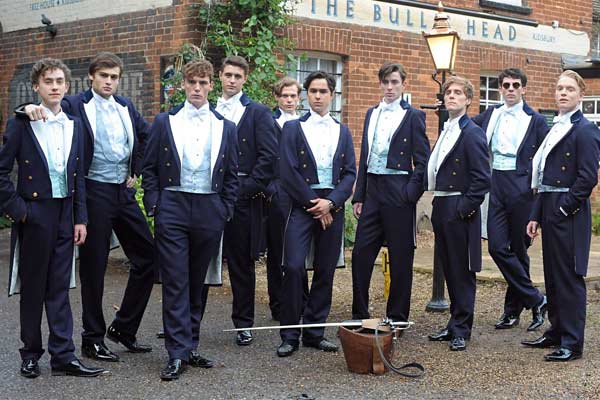
With clubs such as The Bullingdon tarring elite universities’ reputations whilst state school admissions remain low, the question as to whether these universities are meant for state school kids remains. Perhaps it is pessimistic because I do believe that these universities should have high admissions of students from backgrounds like my own.
But with that comes an institutional change at these universities, and in the education system overall. Accepting more kids from a different background will not undo problems of accessibility at these elite universities, whose literal institution was made for private school students, nor will it reduce the classism experienced by students as they enter a hostile environment that works against them.
Are these schools meant for private school kids? Institutionally, yes. Does this mean they deserve the places? Absolutely not. But change needs to come from within.
